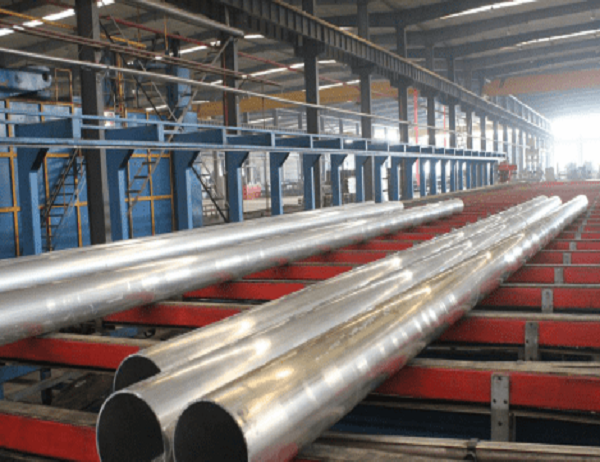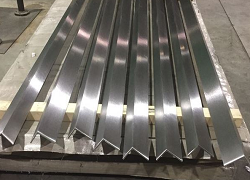As the world grapples with the pressing need for sustainable energy solutions, solar panels have emerged as a promising and environmentally friendly alternative to traditional energy sources. To ensure the optimal performance and longevity of solar panels, the choice of framing material is of paramount importance. Aluminum stands out as an exceptional option for solar panel frames due to its numerous advantages.
Aluminum possesses exceptional durability, making it resistant to harsh weather conditions and mechanical stress. Its inherent corrosion resistance protects it from rust and degradation, ensuring the structural integrity of the solar panel over extended periods. This durability enables solar panels with aluminum frames to withstand extreme temperatures, rain, hail, and strong winds, guaranteeing reliable performance even in demanding environments.
Aluminum is a lightweight material, reducing the overall weight of solar panels. This lightweight construction simplifies transportation, installation, and maintenance, minimizing labor costs and facilitating efficient project execution. Moreover, aluminum’s high strength-to-weight ratio ensures the structural integrity of the panel without compromising its overall weight. The robust yet lightweight design enhances the overall stability and flexibility of solar panels, making them suitable for a wide range of applications.
Aluminum’s high thermal conductivity contributes to the efficient heat dissipation in solar panels. This is crucial because excessive heat can lead to reduced panel efficiency and premature degradation. Aluminum frames act as effective heat sinks, effectively transferring heat away from the solar cells, minimizing the buildup of heat in the system. As a result, solar panels with aluminum frames maintain optimal operating temperatures, maximizing their power output and extending their lifespan.
Aluminum frames add an aesthetic appeal to solar panels, enhancing their visual integration with building structures. The metallic sheen and sleek design of aluminum complement various architectural styles, making solar panels not just a source of energy but also an aesthetically pleasing element. Additionally, aluminum’s reflective properties aid in reducing heat absorption by the solar cells, improving their overall efficiency and minimizing the impact of overheating.
Aluminum is a highly recyclable material, promoting sustainable practices in the solar industry. Its closed-loop recycling process reduces environmental impact and conserves natural resources. The recyclability of aluminum frames extends their lifespan beyond their use in solar panels, contributing to a more circular economy. Furthermore, aluminum production is relatively energy-efficient compared to other materials, minimizing its carbon footprint during manufacturing.
The malleability of aluminum allows for versatile design and customization of solar panel frames. Manufacturers can tailor frames to specific requirements, including size, shape, and color. This versatility enables engineers to optimize panel designs for various applications, such as rooftops, solar farms, and off-grid systems. The customization options also enhance the flexibility and adaptability of solar panels, meeting the diverse needs of customers and project specifications.
The use of aluminum frames in solar panels offers a multitude of benefits that enhance their performance, longevity, and aesthetics. From exceptional durability and corrosion resistance to lightweight design, efficient heat dissipation, and recyclability, aluminum frames contribute significantly to the optimal functionality and value of solar panels. As the transition to sustainable energy accelerates, aluminum frames will continue to play a vital role in the deployment and success of solar energy systems worldwide.



